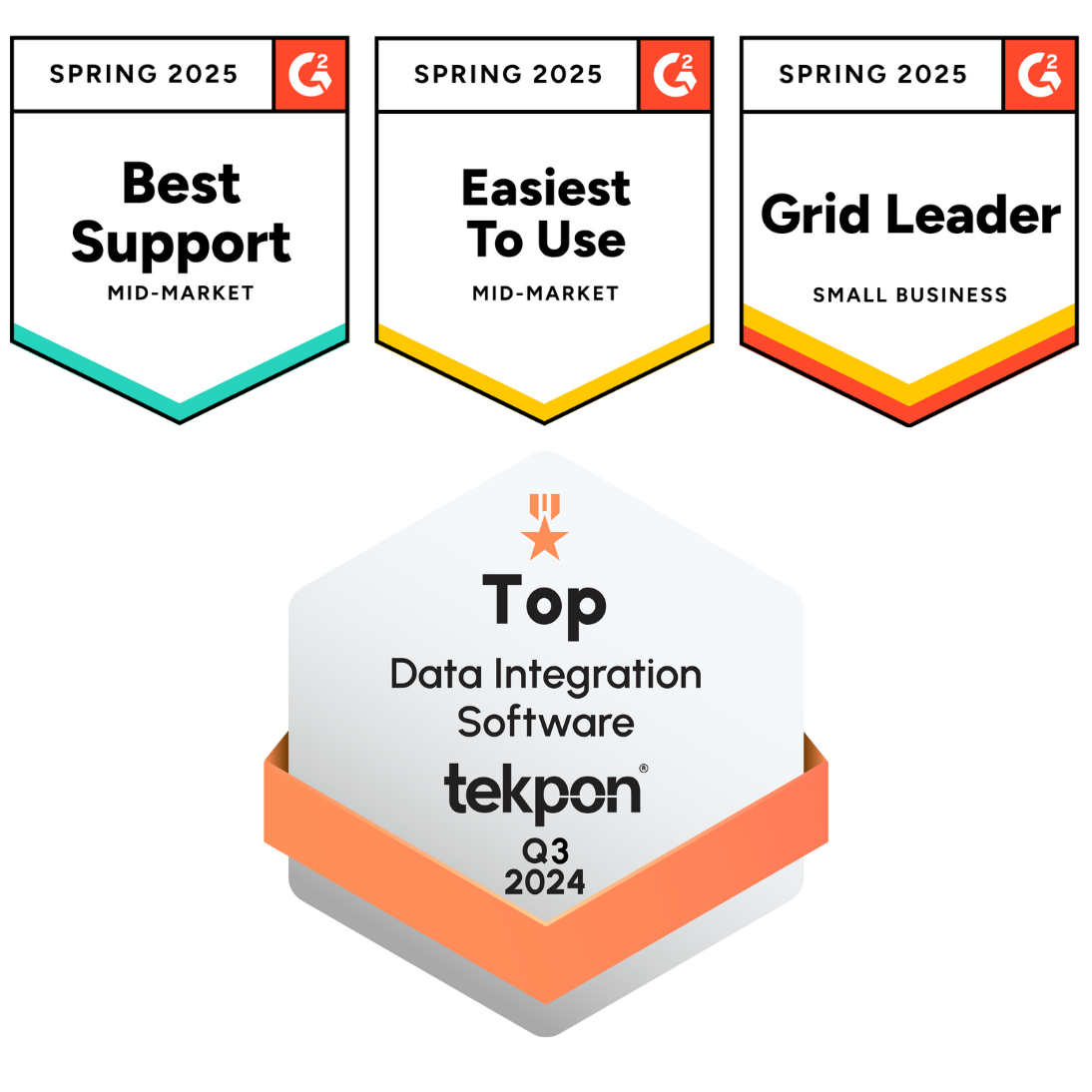Ever wondered how user groups influence our experiences with technology? Let’s dive into the world of these vibrant communities, exploring their various forms, the benefits they offer, and what the future might hold.
What Is A User Group?
A user group is a community of individuals with a shared interest in a specific technology, product, or service, gathering to discuss, learn, and support each other.
User groups are like specialized clubs for people who are currently using and/or love a specific product or technology — whether it’s software, a gadget, or even a programming language. They bring together folks who share the same interests to chat, learn, and help each other out.
Imagine hanging out with others who use the same apps, gadgets, or programming languages as you do. User groups typically meet regularly, either in person or online, to exchange tips, solve problems, and discuss the latest updates in their tech sphere. They might feature guest speakers, workshops, or casual discussions about new developments.
When not conducting meetups, these forums also act as a means to share resources and share information with like-minded people who use the same product.
History Of User Groups
The first technology user groups emerged in the 1950s, initially centered around mainframe computers. These groups were formed to provide mutual support, share best practices, and exchange ideas. Over time, they evolved into influential gatherings that represent the collective voice of customers for today’s software and technology firms.
Online forums, social media groups, and websites offer a lot of value to members between meetings. They’re like digital hangouts where members can ask questions, share ideas, and keep up with the latest news about their favorite tech.
Types Of User Groups
User groups come in various forms:
- Vendor-Sponsored User Groups: Tech giants like Microsoft sponsor these fan clubs, providing early product updates, previews, and direct developer communication. For example, Apple User Groups offer insights into upcoming products and Apple’s ecosystem
- Independent User Groups: Driven by enthusiasts passionate about open-source technologies such as Linux, these groups focus on collaboration, knowledge sharing, and maximizing system potential.
- Professional User Groups: Hosted by organizations like the Project Management Institute (PMI), these groups facilitate networking, and career development, and provide insights into industry best practices through certifications and workshops.
- Special Interest User Groups: These niche groups concentrate on specific topics like digital accessibility or sustainable tech practices, advocating for inclusive design and addressing specialized challenges within their respective fields.
Popular User Groups
Magento Meetups: These user groups focus on Magento, an ecommerce platform, where users and developers discuss customization, extensions, updates, and ecommerce strategies.
There are examples within the manufacturing and distribution communities as well, such as the Prophet 21 World Wide User Group (P21WWUG). It aims to help Epicor Prophet 21 ERP users connect with each other, and a larger vendor network, as well as gain valuable resources to help make the most of their ERP.
Benefits and Advantages Of User Groups
Why join a user group? Here are some compelling reasons::
- Share and Learn: User groups are excellent for exchanging stories, solving problems, and learning from others’ experiences. You get to share your tips and pick up new skills from fellow members.
- Network: Whether you’re a newcomer or a seasoned pro, user groups offer prime networking opportunities. Connect with like-minded individuals, industry professionals, and potential collaborators or employers.
- Insider Access: Enjoy early access to beta tests, product previews, and exclusive insights directly from developers. User groups often have the scoop on the next big thing.
- Influence: Your feedback can shape the products you love. User groups provide a platform for members to influence product features and improvements.
- Continuous Learning: From workshops to webinars, user groups offer ongoing learning opportunities to keep you updated with the latest trends, certifications, and skills.
Recommended read: Pricing Strategy for Distributors [+Types, Steps]
User Groups In Marketing And Business
In the realm of business and marketing, user groups are more than just a community—they’re a strategic asset. Here’s how they contribute:
- Feedback and Insights: User groups provide valuable feedback and insights directly from customers who are actively using the product or service. This feedback helps businesses understand user needs, identify pain points, and prioritize features for development.
- Product Development: By collaborating closely with user groups, businesses can co-create products or services that better meet customer expectations. This approach ensures that solutions are tailored to address real-world challenges and preferences.
- Brand Advocacy: Engaged user groups often become strong advocates for the brand. They share positive experiences, recommend products to others, and defend the brand during challenging times. This advocacy helps in building a positive brand reputation and attracting new customers.
- Market Research: User groups serve as a valuable resource for market research. Businesses can test new concepts, gather opinions on marketing campaigns, and explore market trends within these communities.
- Customer Loyalty: Actively involving customers in a user group fosters a sense of belonging and loyalty. Customers feel valued when their opinions are considered, leading to higher retention rates and decreased churn.
- Networking and Community Building: User groups facilitate networking among like-minded individuals who share a passion for a specific product or industry. This community aspect strengthens relationships and creates opportunities for collaboration and knowledge sharing.
- Education and Support: Businesses can use user groups to educate customers about product features, updates, and best practices. Additionally, user groups provide a platform for users to support each other, share tips, and troubleshoot issues.
Leveraging user groups in marketing and business can significantly enhance customer engagement, improve product development, and drive business growth by fostering strong relationships, gathering valuable insights, and building a loyal customer base.
How To Create A User Group
We have discussed the advantages of user groups. They offer a very interesting set of advantages to businesses, especially those who offer a specific product. For independent users, it can also be a means to find like-minded users and cut down a lot of the friction and stress that can come with using niche products or tools.
We recently had a chance to speak with Sam Snow, CEO of TJ Snow, who is also the President of the P21WWUG. He shared some of the history behind the very active, independent user group. When asked, he also offered advice on how product companies could go about creating their own user groups. The key? Passionate users.
Future Perspectives Of User Groups:
Looking ahead, user groups are set to evolve in several ways:
- Digital Transformation: Virtual meetups and online forums are becoming the norm, enabling user groups to connect globally without geographical or time constraints. Digital platforms enhance accessibility and inclusivity.
- AI and Analytics: Expect smarter user experiences as AI and data analytics personalize interactions, predict member preferences, and deliver tailored content. These technologies optimize user group engagement and satisfaction.
- Hybrid Events: Combining in-person gatherings with virtual options, hybrid events cater to diverse preferences and expand the reach of user groups. They maintain the human touch while leveraging digital capabilities.
- Sustainability Initiatives: User groups are adopting eco-friendly practices, and promoting sustainability in tech events and operations. This commitment to environmental responsibility reflects broader societal concerns.
User groups are more than just tech talk—they’re communities that drive innovation, foster learning, and shape the future of technology. Whether you’re using a specific product at your place of work, or are a coder, a project manager, or an eco-conscious techie, there’s a user group out there waiting for you to join the conversation.
So, next time you’re looking to level up your tech game or connect with fellow enthusiasts, dive into a user group. You’ll find a community that’s as passionate about tech as you are.
In this Story





